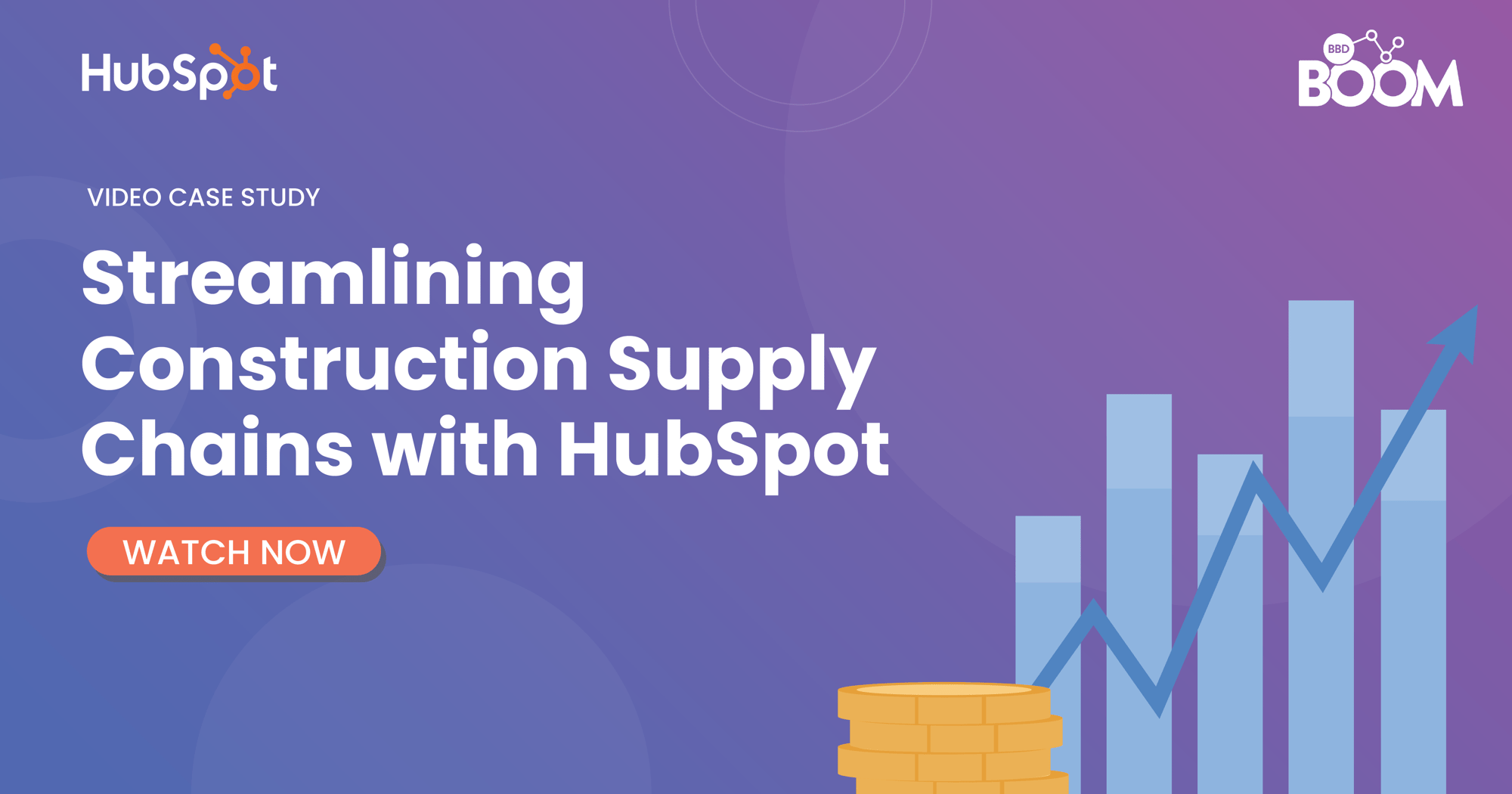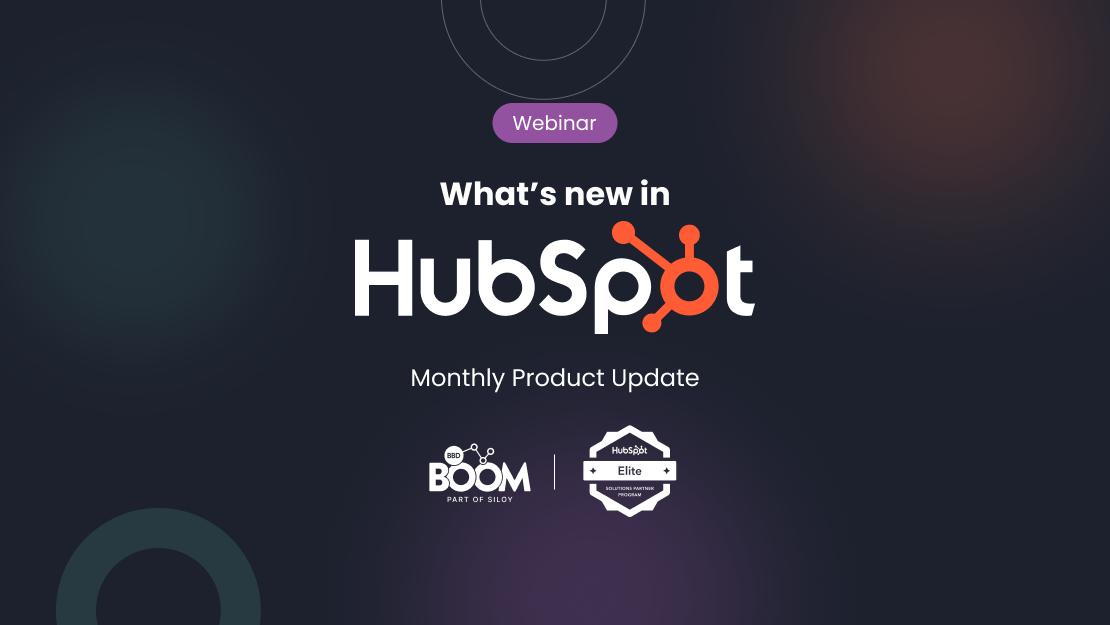In 2015, an article published by Forbes magazine stated that only 10% of companies were using marketing automation tools. Now, in the middle of 2020, over 75% of companies now utilise these crucial assets, with the marketing automation software industry expecting to grow by $25 billion by 2023. When talking about industry leaders, HubSpot and Marketo (respective #1 and #2) are often debated as to which one reigns superior. It’s hard to crown a real winner, although there will be a preference depending on your company's needs. So let’s go over a few main comparisons to assist you in your decision.
User Experience
Both software platforms have an attractive user interface with intuitive dashboards and navigation, but unlike Marketo, HubSpot's tools have a more step-by-step instruction interface, aimed so anyone can hit the ground running.
Since Marketo specialises in custom solutions for enterprises, their software tends to require more advanced IT knowledge to operate. If you have a dedicated Marketo specialist or employ a marketing technologist with Marketo software experience, you’ll appreciate the depth of features Marketo offers, at the expense of everyone being able to use it.
Support and Training
With free phone support and a plethora of tutorials and documents in the Academy, HubSpot has significantly more resources for not only using the software but for inbound marketing in general. HubSpot has email and live chat support right within your portal, so you can talk to a customer support rep and get your questions answered quickly. Although many reviews may stipulate that direct support for Marketo is more difficult to receive, the general consensus is that once you receive it, the service exceeds expectations.
Marketo and HubSpot also both have their own “University” or “Academy” dedicated to helping customers learn the tools and become better marketers. Both platforms have certification courses you can complete, with HubSpot even having individual lessons and courses not just about the software, but about other inbound strategies and methodologies.
Content Management Platform
When it comes to content, HubSpot and Marketo offer very different solutions. HubSpot offers a popular Content Management System (CMS) that you can build your entire website, as well as countless campaigns on. Even if your website is not entirely built on HubSpot, you can still create landing pages and blog posts on a subdomain in HubSpot and integrate them with the rest of your site. HubSpot allows you to host your blog on its platform (CMS), draft and publish posts easily with an on-page editor, add calls-to-action, and has built-in SEO tools to help you rank higher in search engines.
While Marketo offers landing page tools, it doesn't have a native CMS or blogging platform, so you will have to use your own website platform for your blog pages and then integrate it with Marketo’s marketing automation software.
Analytics & Reporting
Both HubSpot and Marketo provide useful analytics that allow you to track your marketing performance, discover valuable insights about your prospects and customers, and create detailed reports. HubSpot offers detailed analytics and insights into various parts of your inbound marketing strategy and how they work together.
With Marketo, you can go even further with predictive analysis and modeling based on CRM data, firmographics, and more.
Ecosystem
Marketo has a very active customer community and many well-known customers, but its overall ecosystem is significantly smaller than HubSpot's. With over 44,000 global customers, over 3,000 Agency Partners, and the annual INBOUND event that sees over 20,000 attendees, no other marketing automation software has a community or ecosystem to rival HubSpot’s. By comparison, Marketo currently has about 5,000 global customers (many of which have multiple domains and websites) and 500 partners.
Conclusion
Where Marketo shines is in its advanced analytics and email workflows. If you or your team have a strong IT background, you'll enjoy digging into the selection of advanced features. Large enterprises that require intricate email campaigns across a wide variety of customer bases are able to customise their email marketing in great detail with Marketo. Ultimately, Marketo’s strengths are that it’s built for large businesses with the ability to add up to hundreds of thousands of leads in the system. This means that many of the features and tools are built for handling mass quantities of leads and complex marketing processes.
Alternatively, the best thing about HubSpot is that it's a true all-in-one inbound marketing machine. From building your website to closing leads, HubSpot can do everything you need for a comprehensive inbound marketing campaign. In addition, over the last several years, HubSpot has developed into not only a marketing platform but a sales and customer service platform as well. If you’re looking for a software platform that manages the entire lifecycle of your contacts, HubSpot can give you that with its three integrated Hubs (Marketing, Sales and Service). If you're looking for an end-to-end solution, you won't find anything better than HubSpot.
For a long time, HubSpot's biggest drawback was that it initially catered more towards small and medium-sized businesses. If your organisation was closer to enterprise level, you’d need something more robust such as Marketo. However, with HubSpot’s release of the Enterprise level tools in 2018, this drawback is becoming less and less of an issue. Since then, HubSpot has continued to demonstrate its commitment to moving upmarket with a toolset robust enough for most enterprise-level organisations.
If you would like to speak to our Growth Consultant about a demo, click here.
.png?width=877&height=508&name=bbd-boom-siloy-navy+blue-logo%20(1).png)
.png)



.jpeg?width=50&name=1606312468922%20(1).jpeg)

.jpeg?width=90&name=1606312468922%20(1).jpeg)


